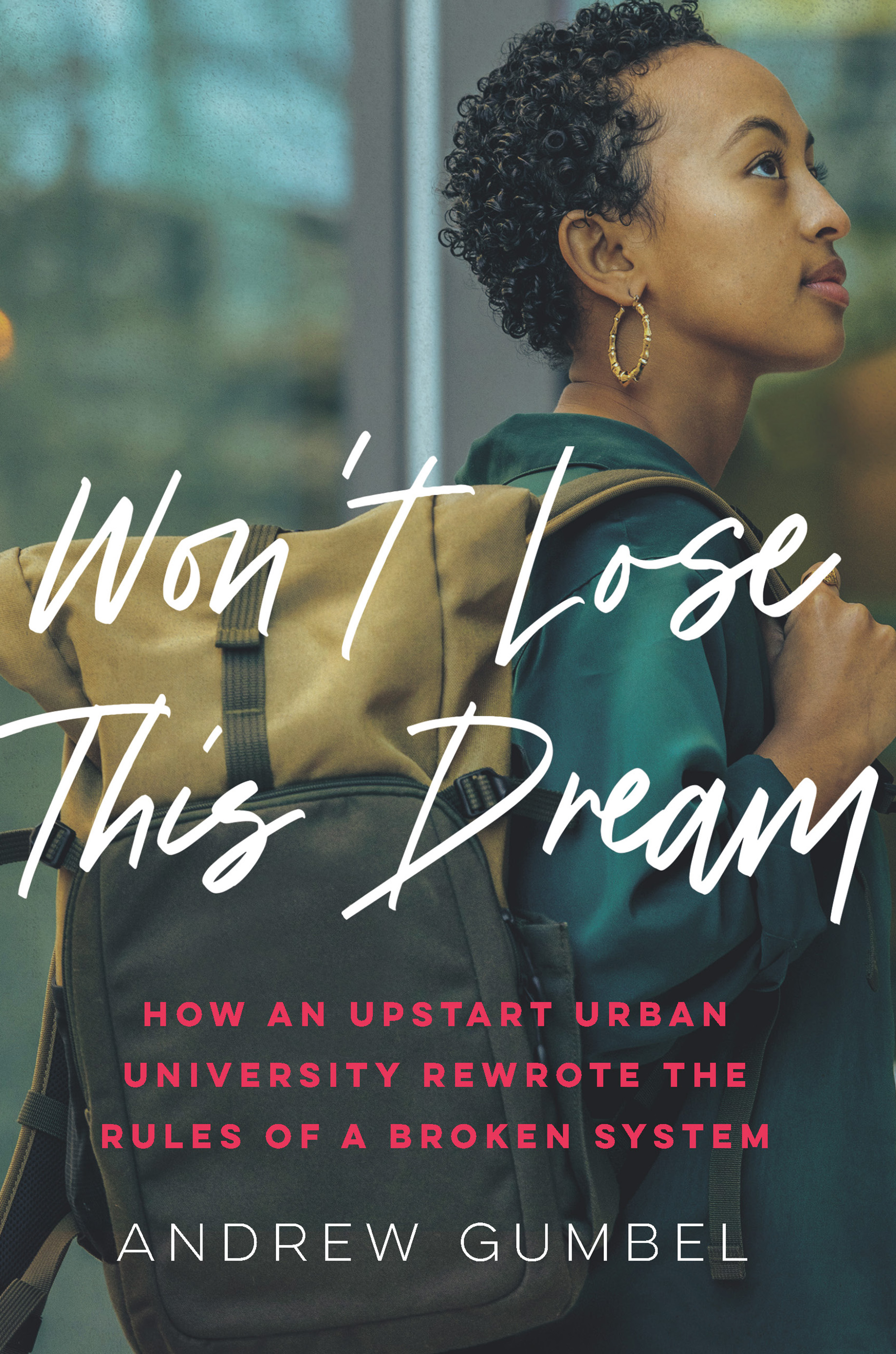In the wake of the 2008 economic collapse, Georgia State University, like most public universities serving a lot of lower-income students, was saddled with a high drop-out rate and a fatalistic attitude that poor, minority, and first-generation students were more or less doomed to fail in large numbers. Mark Becker, described in the extract below, took over as president in 2009, determined to pull the university out of the recession with a dramatically different approach. “Change is what I do,” he says. “Maintaining the status quo would kill me.”
What had drawn Becker to Georgia State was not in fact its backwardness but the opposite, its promise as a vital urban institution in one of the most dynamic cities in America. Becker was a fan of the urban theorist Richard Florida, who argued that the engines of twenty-first-century prosperity were no longer going to be cities but large urban corridors like the one that ran from Charlotte to Atlanta—“Char-Lanta,” as he called it—whose economy was as large as South Korea’s. These corridors were where industries and large companies would want to cluster, and where the brightest and best educated would want to live. That prospect presented an alluring set of opportunities to a well-located university, as Becker explained to the Georgia State search committee at his job interview. “I made two bets,” he recalled saying. “One, that the recession wouldn’t last forever. Atlanta would come back strong. And two, I bet on the future of sunbelt cities.”
As president, he arrived thinking that he would build on what was already a strong faculty and prepare students and researchers for opportunities in cutting-edge new disciplines and cross-disciplines—in the sciences, in information technology, in health care and entertainment. He also wanted to integrate the university more deeply into Atlanta’s urban fabric through partnerships and research grants. As he said in his inaugural State of the University speech in April 2009: “The opportunity to be both bigger and better is staring us in the face.”
It was not, at the outset, an agenda focused on lower-income undergraduates racing against time and limited resources to get through their coursework and earn a degree. This was hardly surprising, given the standards of mainstream academic thinking at the time. Really, Georgia State was a university with two separate identities: on the one hand, a top-tier research institution with untapped potential to perform at the level of its powerhouse neighbors, Emory and Georgia Tech; and, on the other hand, a typical second-tier urban education machine, accepting large numbers of B-average students from across the state (and beyond) in the hope that half of them, maybe, would make it to the graduation stage. The research piece would seem naturally exciting to a career administrator. The important but more mundane education piece—not so much.
Becker certainly did not disregard Georgia State’s teaching mission when he arrived, but he had only loosely formed ideas about what he wanted to do with it. He talked in general terms about celebrating the diversity of the students and making the university more attractive to the best and the brightest. Any other incoming president might have taken a similar stance. And yet Becker was not any other incoming president. For all the brilliance of his academic credentials—a PhD in statistics from Penn State University, plus stints at Cornell, the University of Florida, the University of Washington (as a National Institutes of Health fellow), and the University of Michigan—perhaps the most distinctive thing about him was that, like a significant percentage of the Georgia State undergraduate population, he was the first in his family to go to college.
Becker knew from personal experience what it was like to wonder if he truly belonged in the university environment. He knew what it was like to deal with faculty and administrators who were not only untroubled by high attrition rates but who saw students as the educational equivalent of cannon fodder. Look to your left and look to your right, he remembered hearing as a freshman, and in four years, one of you won’t be here. It was a mantra heard all over the country, but it hadn’t sat well with him at the time, and it didn’t sit well with him now. He knew, too, how powerful it could be for a professor to put a hand on a student’s shoulder and suggest a path forward that had never previously seemed possible.
He’d had a couple of mentors like that himself, and without them he might never have applied to grad school and embarked on an academic career.

Copyright © 2020 by Andrew Gumbel. This excerpt originally appeared in Won’t Lose This Dream: How an Upstart Urban University Rewrote the Rules of a Broken System, published by The New Press Reprinted here
with permission.


